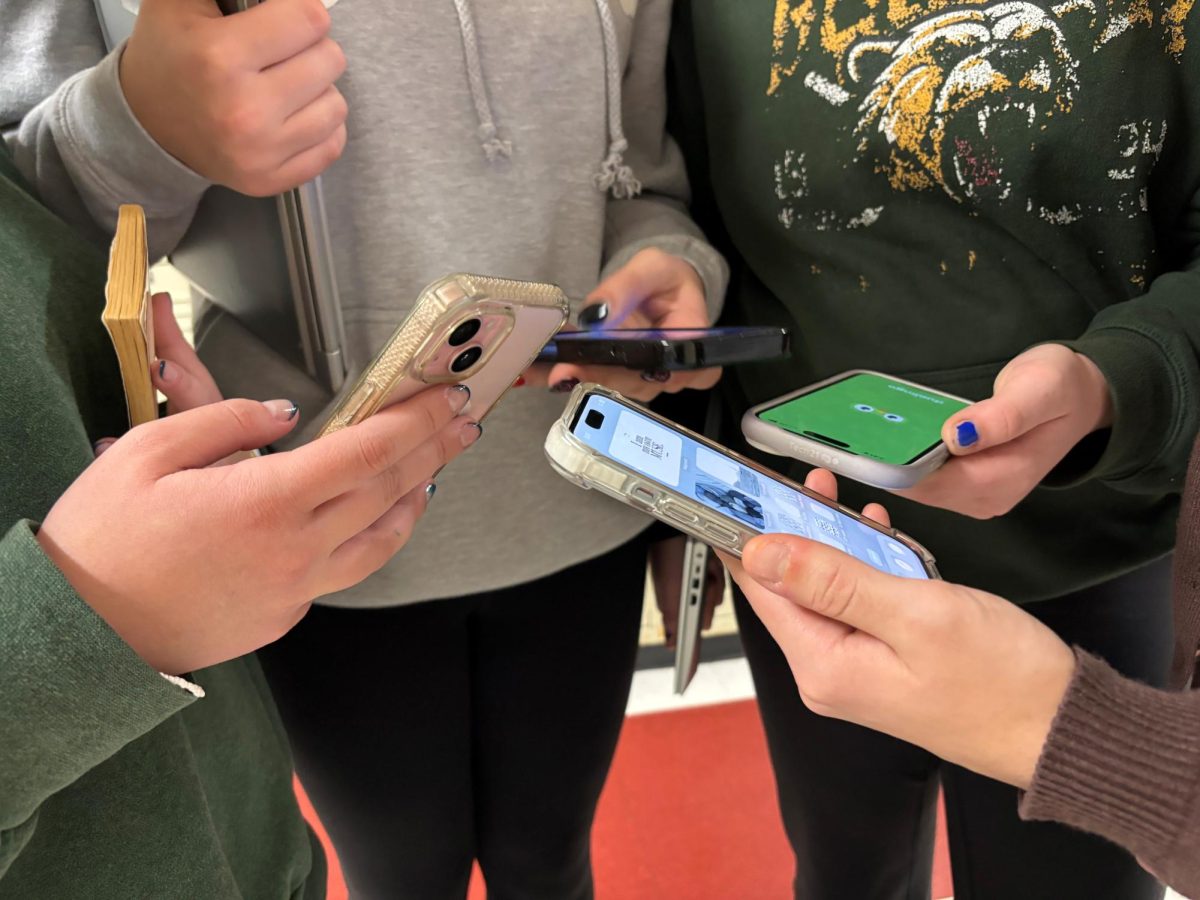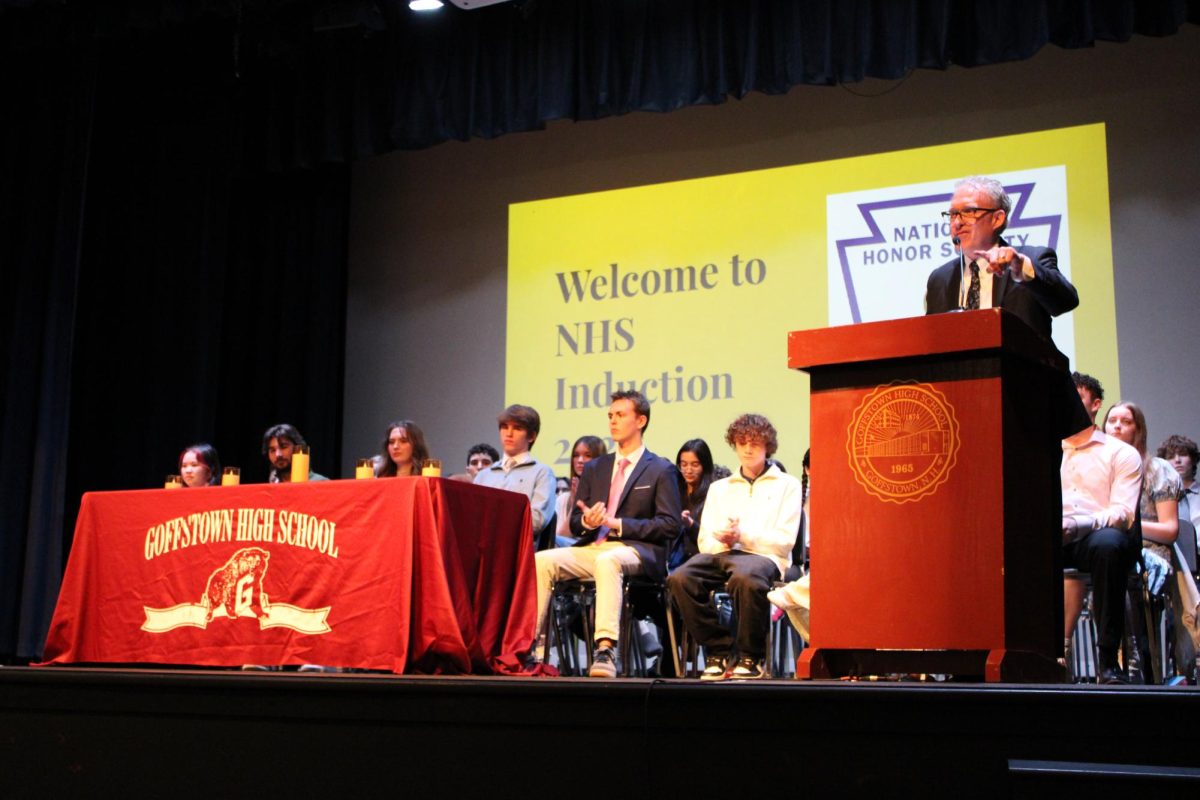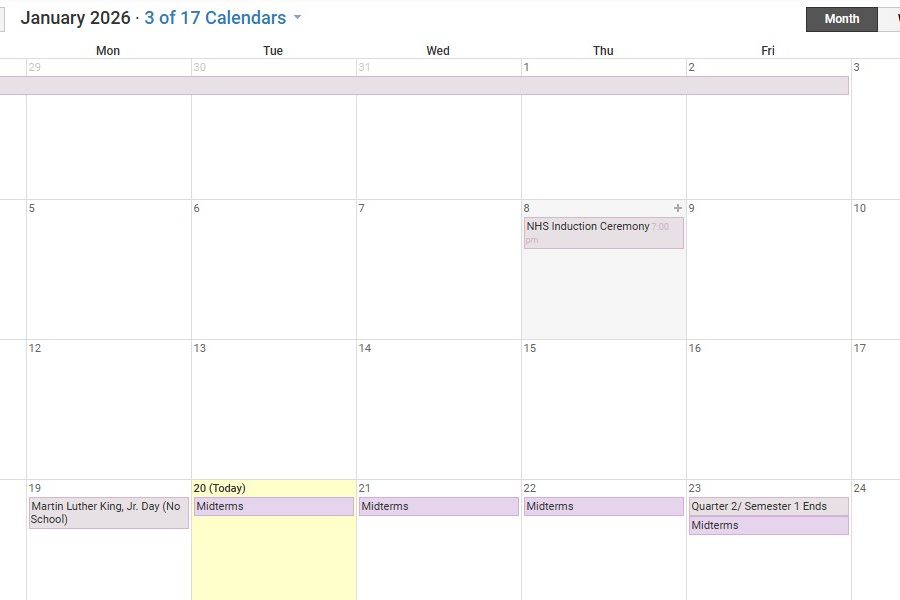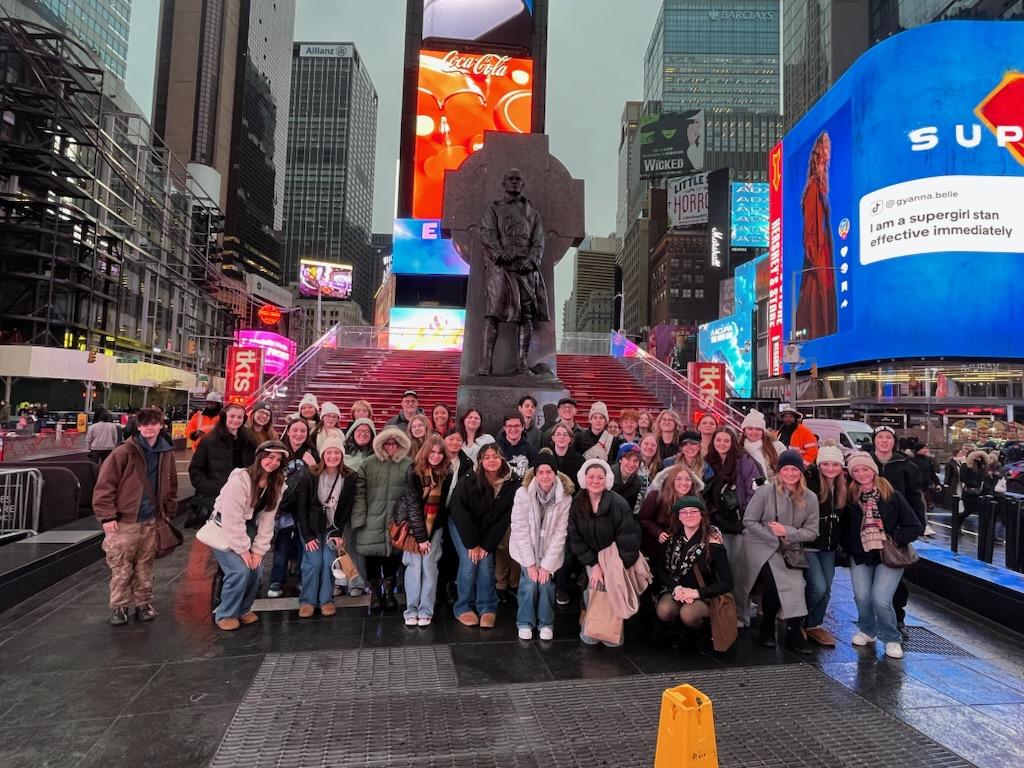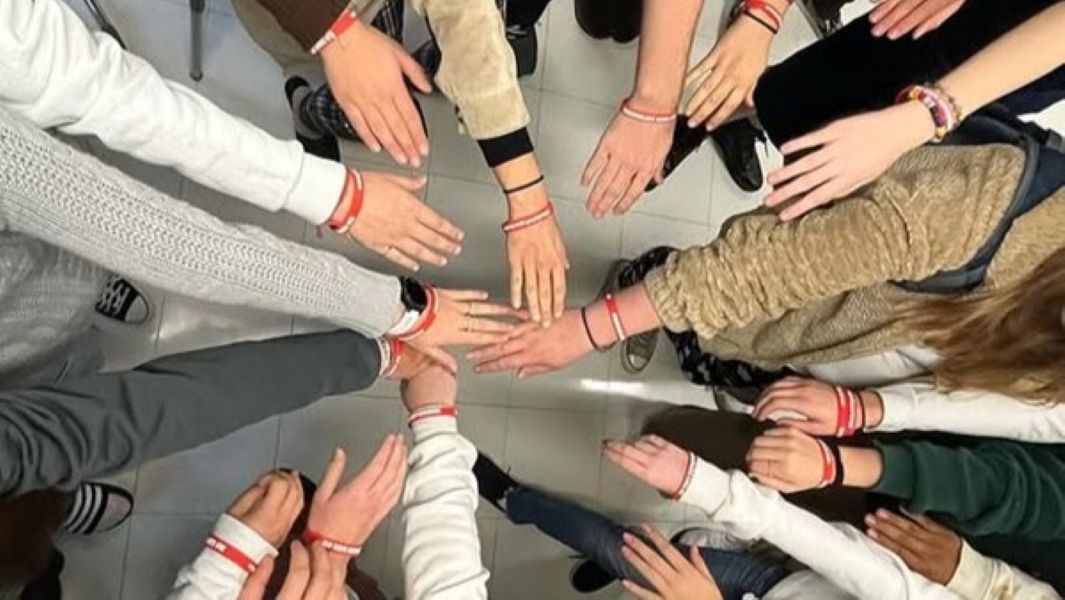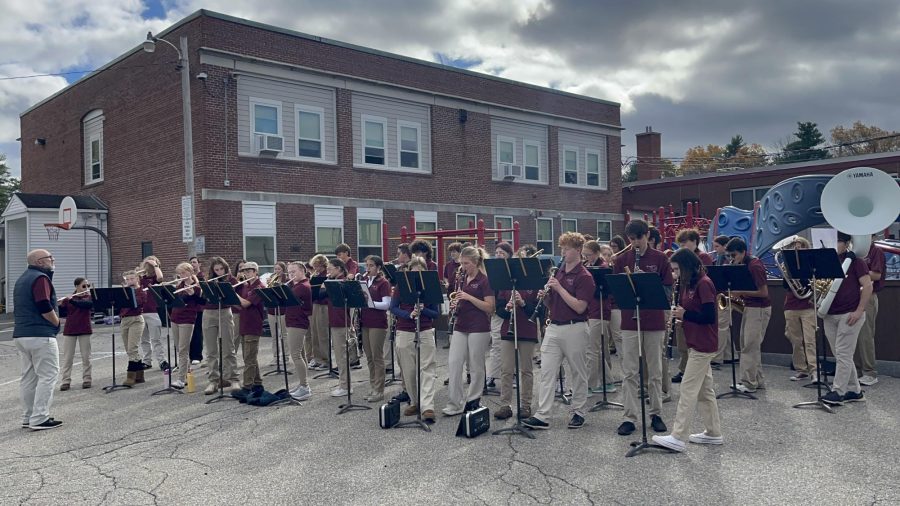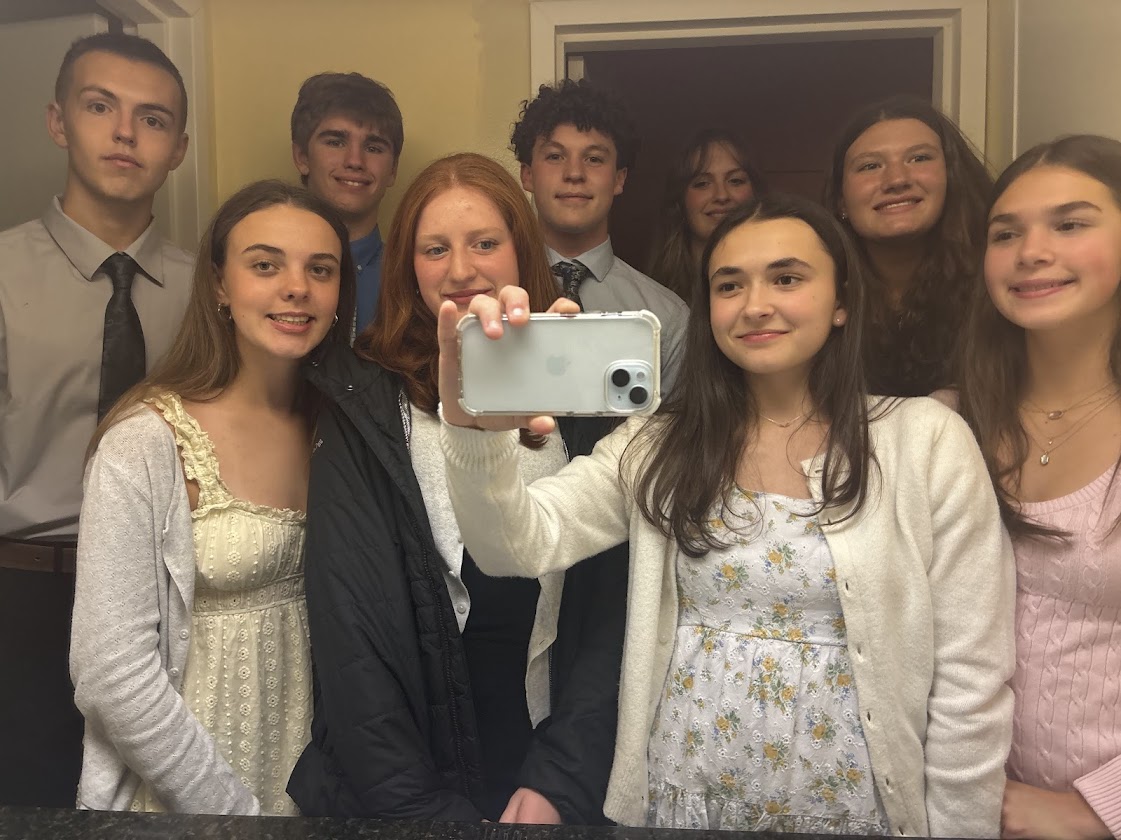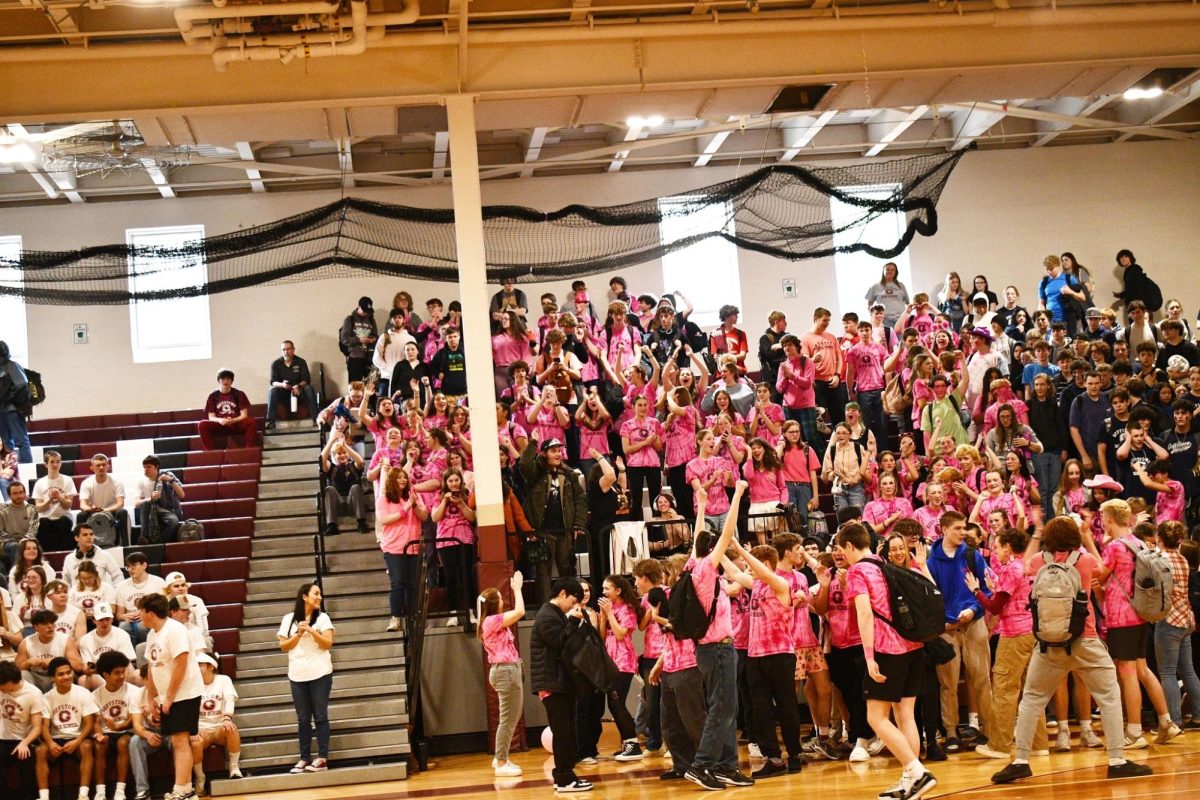A cell phone ban policy was implemented this school year (2025-2026) across the state of New Hampshire in all public and charter schools. The law is up for an individual school board’s interpretation on how to manage the policy’s execution within their district’s schools. In the Goffstown School District, phones and any other personal communication devices are prohibited in a “bell to bell” manner. In all periods, including lunch, students must keep any personal devices away in their backpacks. However, exceptions can be made with approval of the Superintendent. This includes: medical needs, disabilities, or language proficiency needs.
Within Goffstown High School (GHS), there are a variety of opinions and thoughts about the cell phone ban. The purpose of this law is “to foster deeper engagement, improve academic performance, and restore classrooms as spaces dedicated to learning, collaboration, and student well-being” (New Hampshire Department of Education). Lisa DeMarco, a Spanish teacher at GHS believes this objective is working and it “allows for more student interaction, socially, than before.” What has made the ban most difficult, specifically for the language department at GHS, is the lack of accessible approved communication devices. In the past, personal devices have been used in class for review activities. Mrs. DeMarco finds the ban of personal devices to be the most challenging aspect, considering there are six language teachers and only one iPad cart. Coordinating the sharing of devices has been difficult, and has required the creation of a system, which includes a complex google sheet with 30-minute time slots within each period throughout the day. Mrs. DeMarco states how as a result, she has needed to steer towards more non-electronic review activities, like Pictionary.
Students on the other hand, have been more severely affected by the phone ban. Considering Goffstown is one of the few schools who does not have one-to-one, an initiative where a school provides students with their own device for educational purposes, students at GHS must rely solely on the laptops found in the library, student resource center (SRC), and other locations. The lack of devices available to students makes it challenging for many to complete online assignments. Eli Douglas, a current junior at GHS, explains that if he could adjust the details of the law, he would change it to allow personal devices, such as laptops, only for academic purposes. He believes allowing students to access their laptops during PREPs or in other free periods, would be beneficial and more convenient for students. Eli believes that the phone ban is “good in some aspects, but not in others.” Both Mrs. DeMarco and Eli agree that the phone ban has created more interaction between students, and that the removal of phones has prevented phones from being a default for students in free moments.



